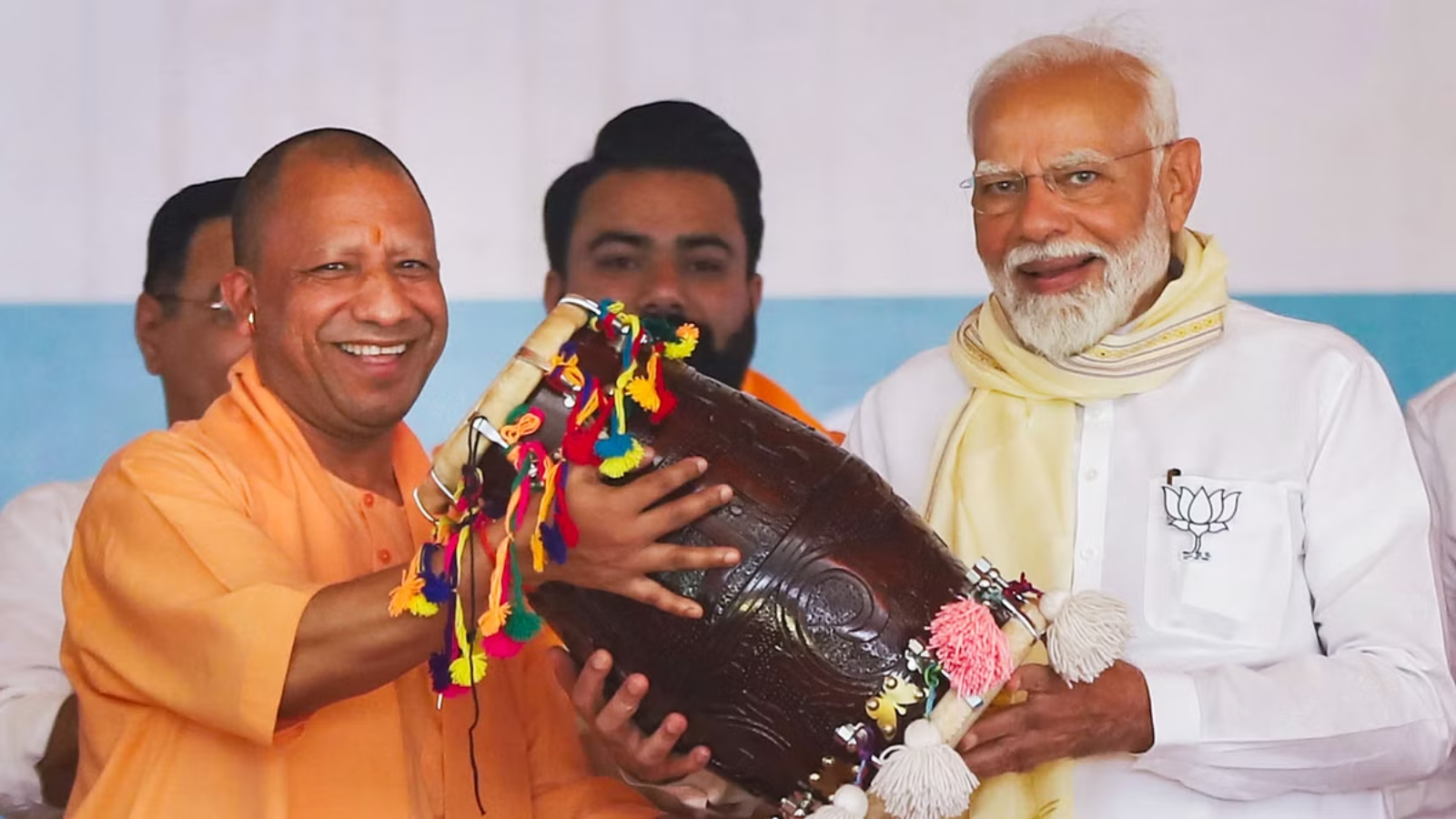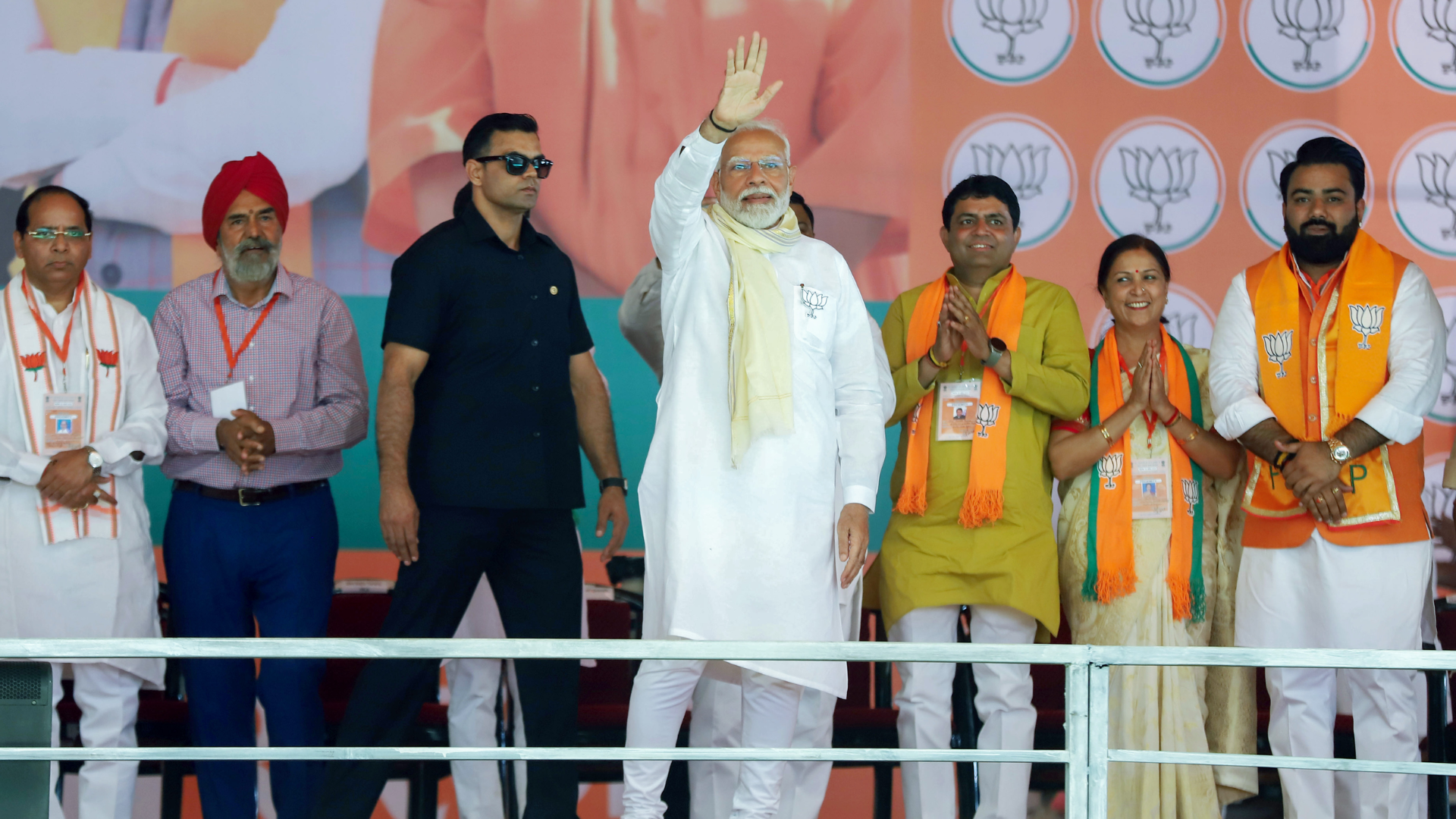



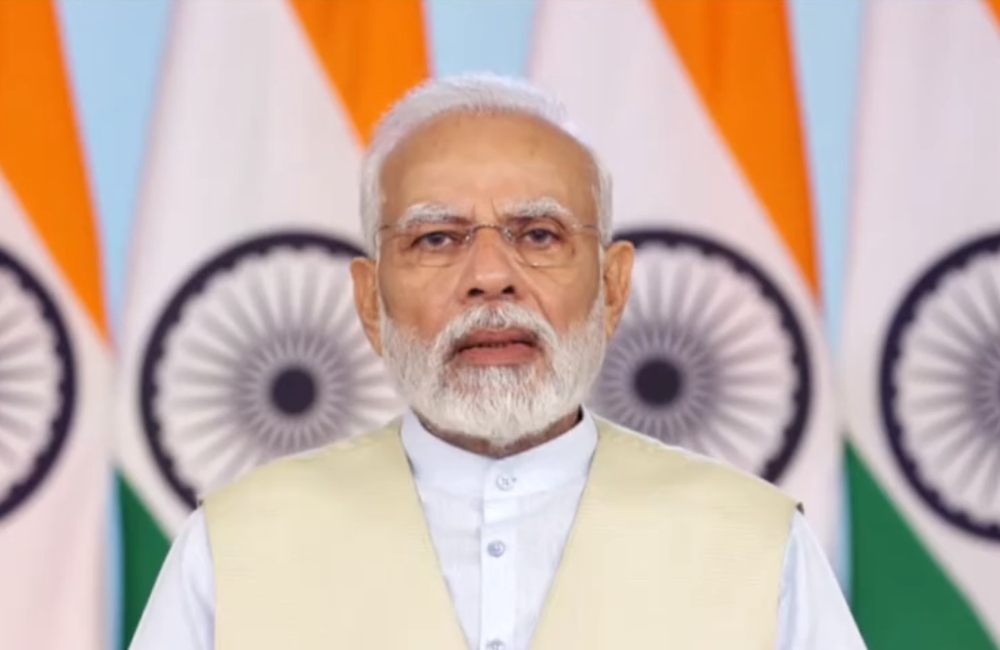
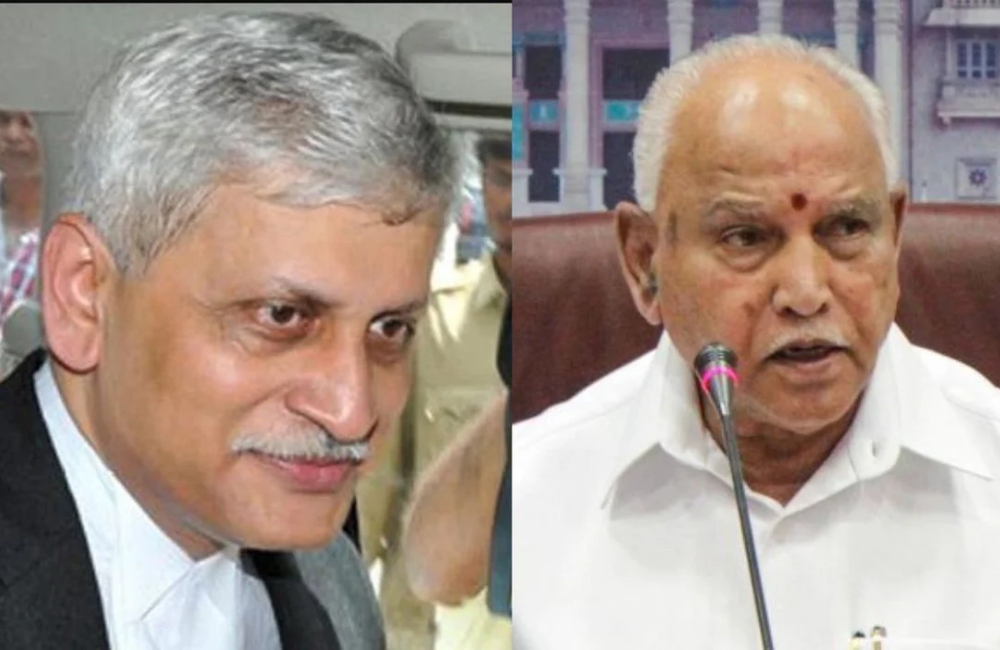
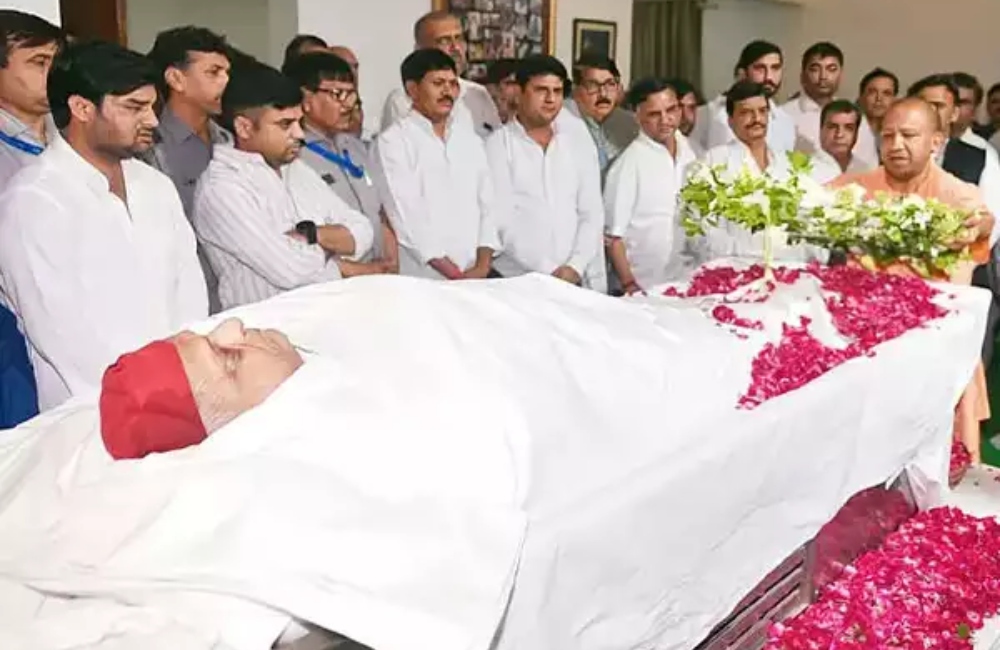
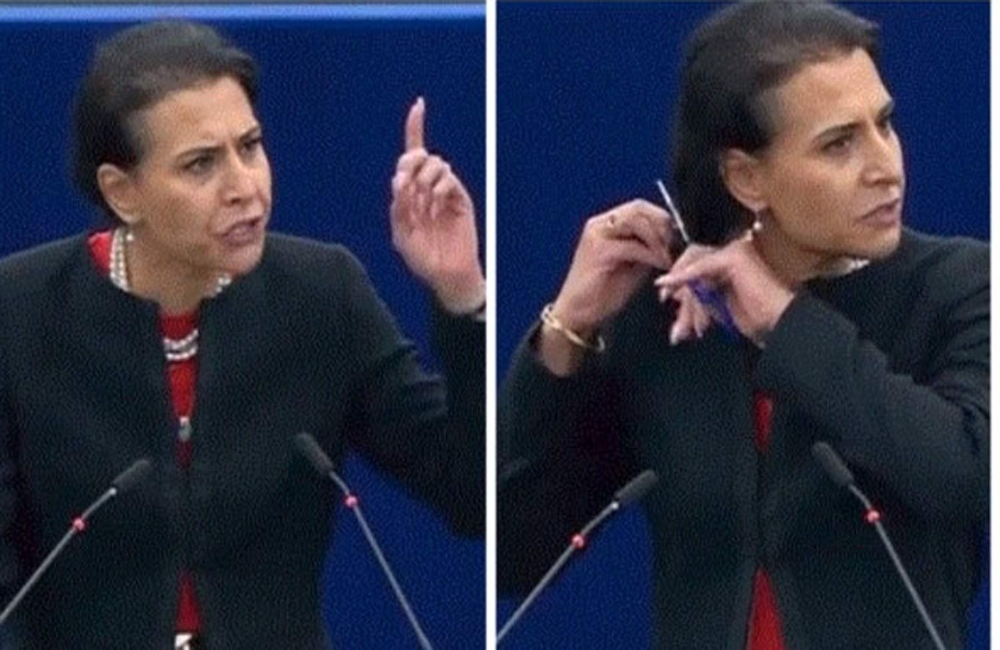
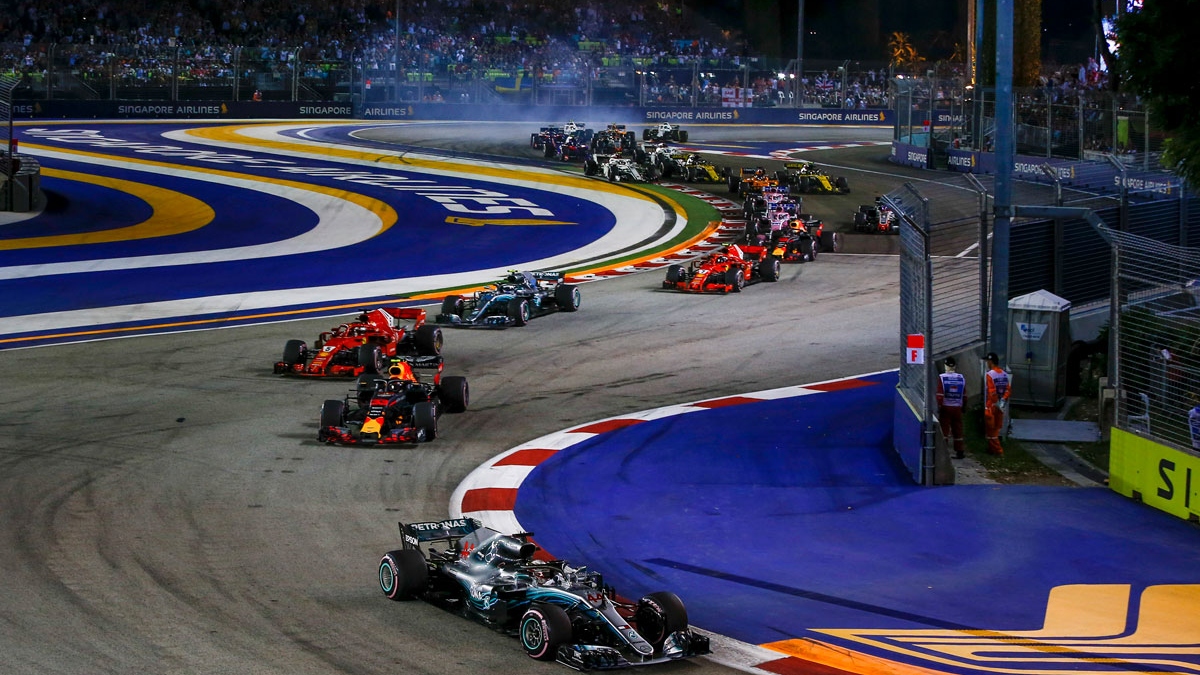
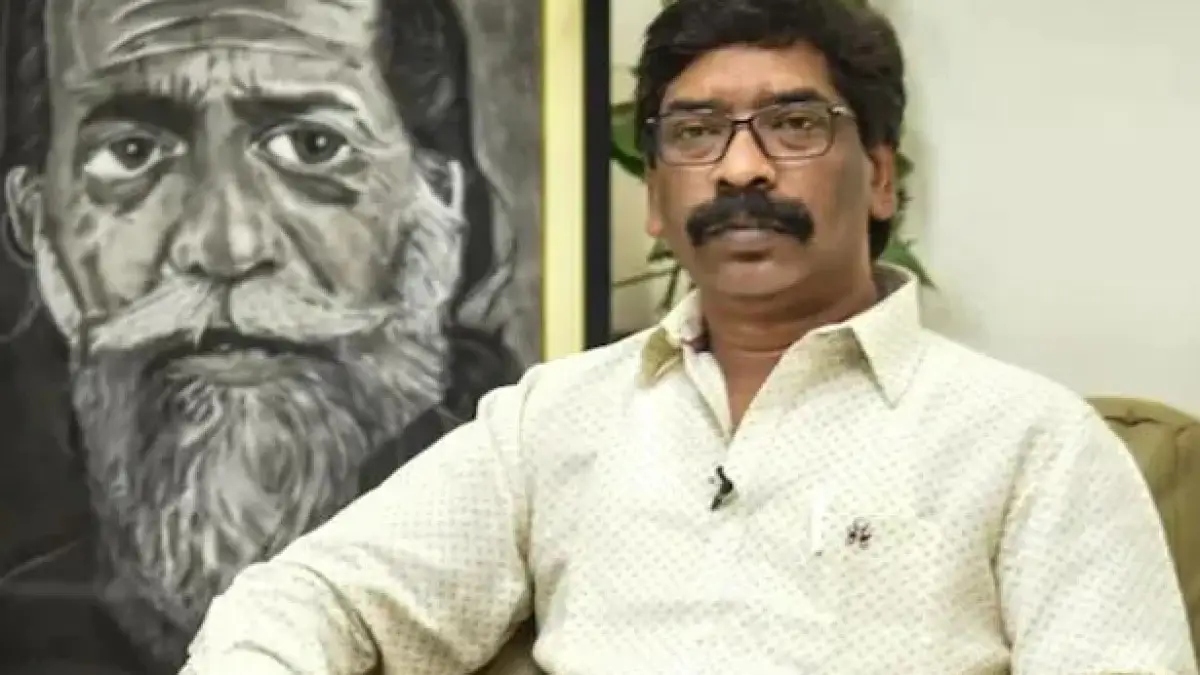
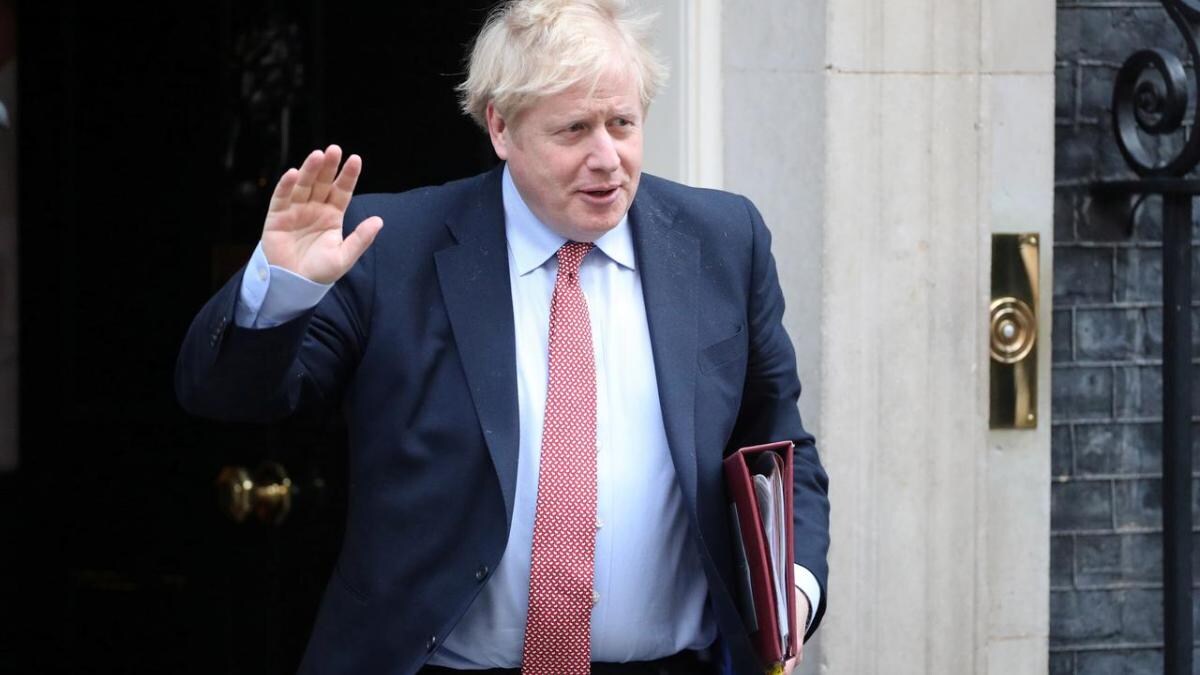
On September 5, the new prime minister of the United Kingdom (UK) who will succeed current leader Boris Johnson will be unveiled, according to Graham Brady, the head of the Conservative Party’s 1922 Committee.
Brady stated that the 1922 Committee, which oversees the Conservative leadership race, has agreed that the contenders must get the support of 20 MPs when nominations open and shut on Tuesday. According to Xinhua, the barrier is far higher than the party’s standard norms, which call for the support of eight MPs. He said that the candidates would need to get 30 votes to advance to the second ballot, which would take place on Thursday. The first round of voting among Tory MPs will take place on Wednesday, he said.
Before MPs adjourn for the summer session on July 21, the field of candidates will be reduced to just two, he added.
The victor of the postal vote, which will be conducted over the summer among all 200,000 or so Conservative members, will become the new Tory leader and the UK’s next prime minister.
Brady called the timeline “absolutely acceptable” and said he was “quite eager we get this done as easily, cleanly, and fast” as possible. This would allow the postal ballot to take place across the nation over the summer.
We do need to ensure that there is sufficient time until the outcome is published on September 5th, he continued.
There are now 11 contenders vying to head the Conservative Party, with Penny Mordaunt, the international trade minister, Liz Truss, Rishi Sunak, the former chancellor of the exchequer, and Sajid Javid among the front-runners. As the cost of living crisis continues to bite, the majority of the competitors have pledged to slash taxes, ranging from company tax to income tax, according to Xinhua.
Lizz Truss, the UK’s foreign minister, joined ten other contenders in the increasingly uncertain campaign to succeed Boris Johnson as prime minister.
Truss, 46, is seen by many as one of the candidates for Conservative Party leader.
Following a dramatic cabinet mutiny on Thursday over his scandal-plagued leadership, Johnson resigned as prime minister, although he will continue in that role until a new Tory leader is chosen.
Nearly 30 UK government employees have offered their resignations in response to the latest incident involving former deputy chief whip Christopher Pincher, including important players like UK Health Secretary Sajid Javid and Chancellor of the Exchequer Rishi Sunak.
In the wake of an ethics controversy that ultimately led to the resignation of the UK prime minister, 58 ministers in all left the cabinet. One of Johnson’s closest supporters, Treasury Chief Nadhim Zahawi, advised the prime minister to stand aside for the benefit of the nation, and Johnson subsequently decided to do so.
“Prime Minister: this is not sustainable and it will only get worse: for you, for the Conservative Party and most importantly of all the country,” Zahawi said in a letter to Johnson. “You must do the right thing and go now.”
Despite accusations that he was too close to party donors, that he shielded supporters from intimidation and allegations of corruption, that he misled Parliament and was dishonest with the public regarding government office parties that violated pandemic lockdown rules, Johnson, 58, was able to hold onto power for almost three years.
Johnson may stay in office until October, when the Conservative Party has its annual conference, in order to choose a replacement. When a Conservative leader steps down, they typically allow the party time to organise a comprehensive leadership election.
A wave of cabinet ministers and other junior government officials resigned on Thursday, forcing Johnson to step down in protest of his scandal-plagued leadership. This sparked the Tory leadership race.
Up until a new Tory leader takes over, Johnson is still acting as prime minister.
After being implicated in several controversies, including the Partygate affair and the Pincher incident concerning his hiring of a lawmaker suspected of sexual misconduct, Johnson, who won the general elections by a landslide in 2019, lost support.


